The United Nations Central Emergency Relief Fund (CERF) has allocated $6.2 million to assist 400,000 vulnerable individuals in five districts of the Jamuna basin, anticipating upcoming floods.
These funds, distributed to four UN agencies—FAO, UNICEF, UNFPA, and WFP—aim to support families before the forecasted floods hit, leveraging early warning systems and advanced disaster prediction methods. The aid will reach 400,000 people in northern Bangladesh, including men, women, children, and individuals with disabilities.
Each of the 80,000 households will receive multi-purpose cash transfers, water purification supplies, agricultural support, dignity and baby kits, and information services on gender-based violence.
Gwyn Lewis, the UN Resident Coordinator in Bangladesh, emphasized the importance of anticipatory action in mitigating disaster impacts, enabling families to protect their homes and livelihoods.
This proactive approach targets vulnerable community members, including people with disabilities, transgender individuals, women, children, and those in low-lying areas at heightened risk of food insecurity and malnutrition.
Based on UN predictions of increased rainfall leading to significant flooding by mid-July, this is the second instance of anticipatory action in Bangladesh. The initiative reflects priorities set by both implementing agencies and affected communities, ensuring a response to urgent needs and building resilience.
The CERF, managed by the UN Office for the Coordination of Humanitarian Affairs (OCHA), enables quick humanitarian assistance in crises worldwide.



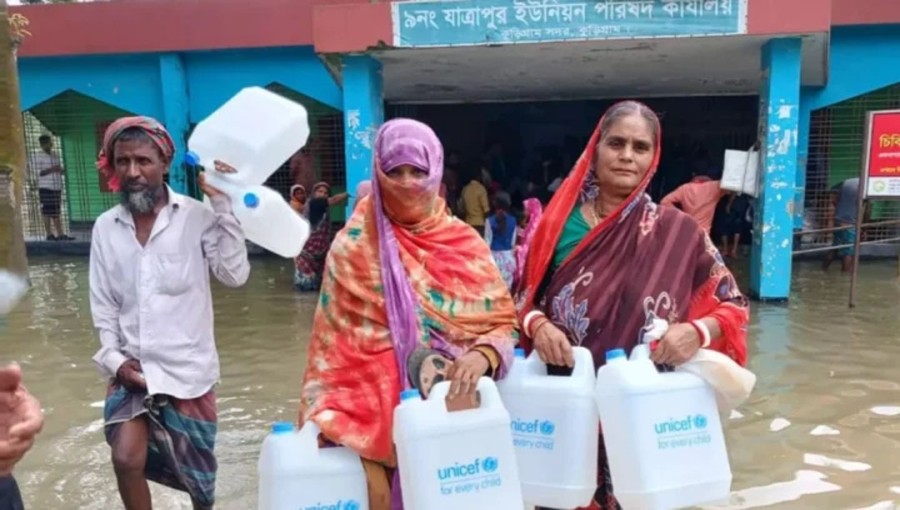

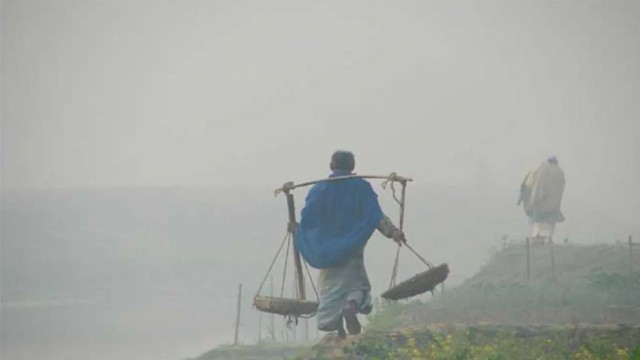
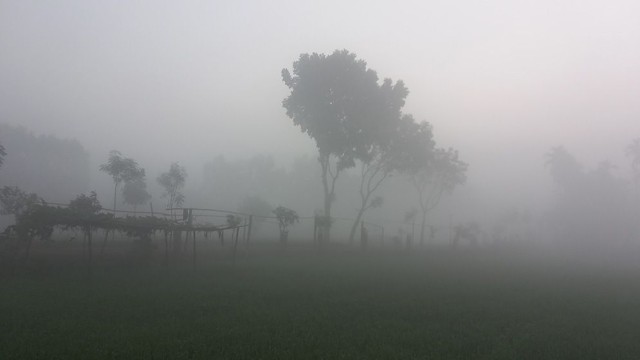
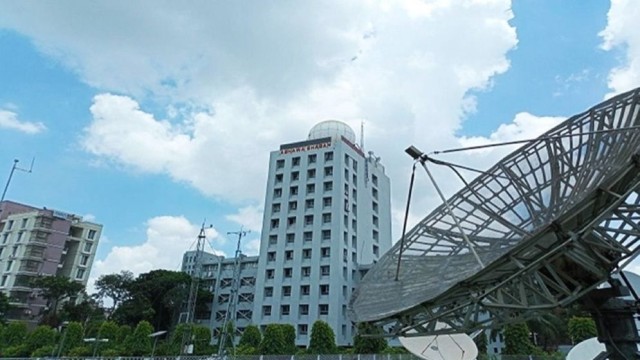
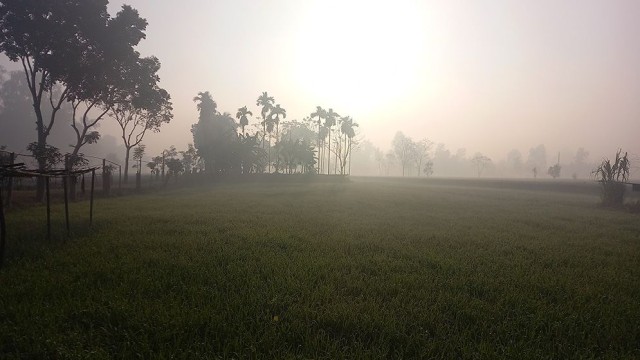
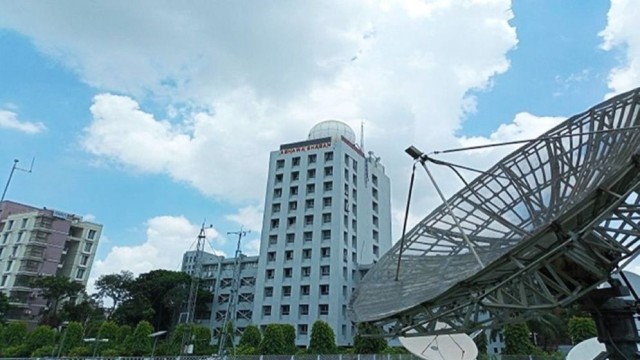
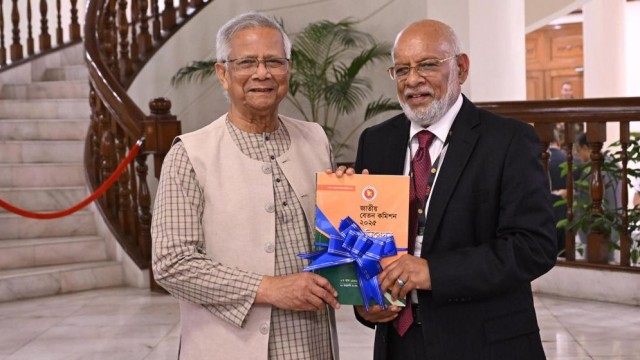



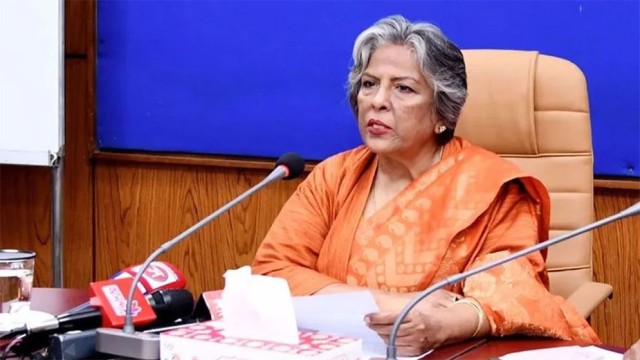

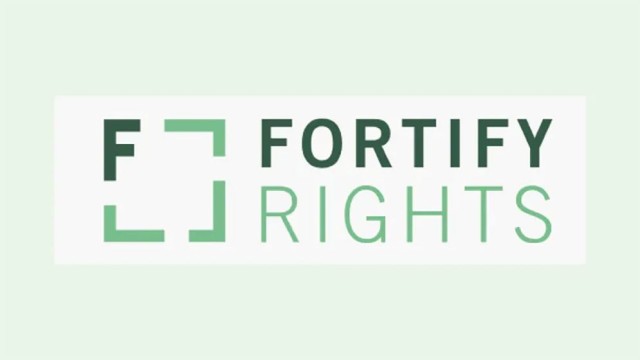
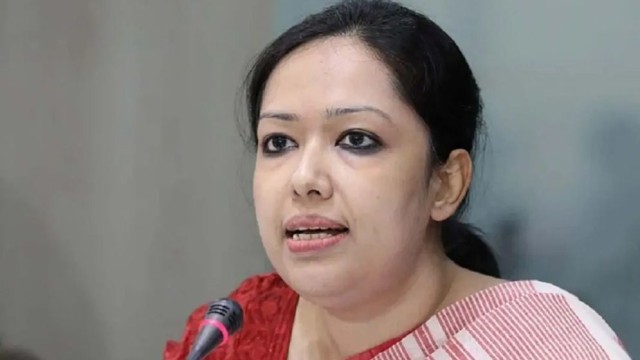
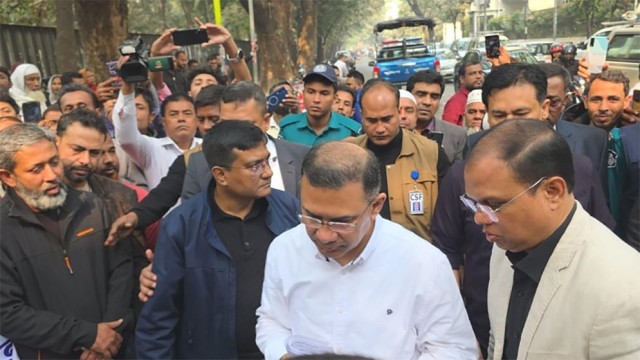
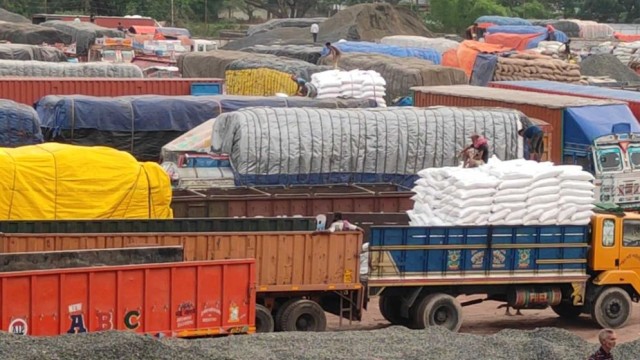








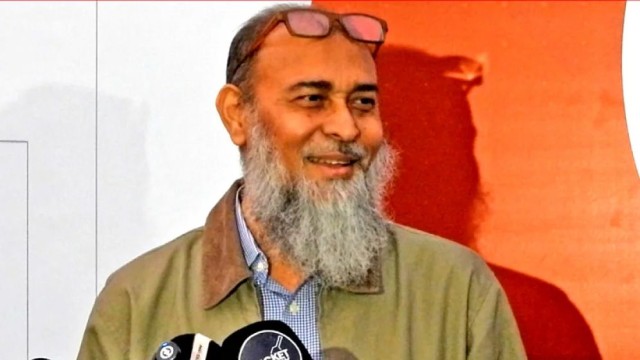


Comment: